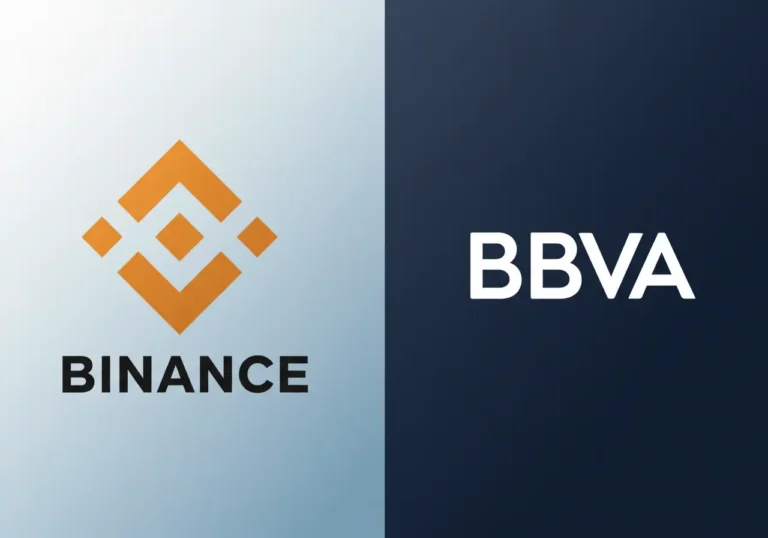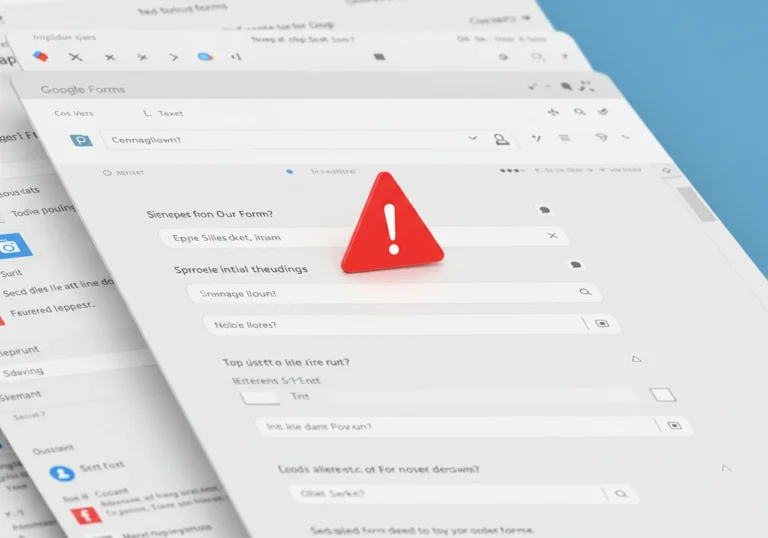Crypto Bug Bounties and Security: What Every Investor Should Know
The phrase Crypto Bug Bounties may sound technical, but at its core, it’s about trust. In the second decade of cryptocurrency, investors are not only looking at price charts and hype—they’re asking, “Is my money safe here?”
Bug bounty programs are like neighborhood watch groups for digital currencies. Instead of ignoring the risks, blockchain projects actively invite ethical hackers to look for weaknesses. These specialists test systems through blockchain vulnerability testing, file digital currency bug reports, and in return, earn ethical hacking rewards.
For investors, this isn’t just background noise. It’s an essential part of cryptocurrency security measures that protect your wallet, your tokens, and your peace of mind.

Breaking Down the Basics
What is a Bug Bounty Program?
Think of it this way: if a house has weak locks, it’s better to find out from a friendly neighbor than from a thief. In crypto, bug bounty programs reward those “friendly neighbors” who discover flaws before malicious actors exploit them.
- A developer sets up rules.
- Security researchers (sometimes called white-hat hackers) look for vulnerabilities.
- If they find something serious, they report it directly.
- The project fixes the problem and rewards the researcher.
This cycle helps prevent devastating attacks. It’s a form of investor protection tips put into action.
Why Do Bug Bounties Matter in Crypto?
Unlike traditional banks, there’s no central hotline to call if your digital coins vanish. In crypto, security must be airtight from the start. Bug bounty programs, crypto asset security audits, and token vulnerability assessments are some of the strongest defenses against cybercriminals.
When projects ignore these measures, the results can be catastrophic. History has shown us multimillion-dollar hacks that shook confidence across the entire market. On the other hand, when projects invest in bug bounties, they demonstrate seriousness and responsibility.
The Role of Ethical Hackers
We often imagine hackers as villains hiding in dark rooms. But in reality, there are entire communities of ethical hackers who use their skills to protect instead of attack. Their motivation isn’t just money; it’s reputation, recognition, and a sense of responsibility.
These people often share stories of sleepless nights spent analyzing decentralized finance security protocols, scanning lines of code, and pushing projects to improve. In exchange, they might receive thousands—or even millions—of dollars in ethical hacking rewards. For investors, that means your assets are a little safer each time one of these vulnerabilities is patched.
Investor Protection Tips You Should Care About
So, how does this all connect to you, the everyday investor? Here are some practical ways to align your investment habits with solid security:
1. Check if the Project Runs a Bug Bounty Program
If a project has no bug bounty system or refuses crypto asset security audits, that’s a red flag. Transparency matters.
2. Look for Independent Audits
Token vulnerability assessments and blockchain vulnerability testing done by third parties give extra assurance. Don’t just rely on the project’s word.
3. Stay Updated on Reports
Some platforms publicly share digital currency bug reports. Following them can help you spot projects that respond quickly versus those that sweep problems under the rug.
4. Diversify Your Holdings
Even with security in place, no system is perfect. Spreading your investments lowers the cyber security investment risks.
5. Ask Questions in Communities
Many projects have forums or Discord groups. Asking, “What’s your approach to security?” isn’t just smart—it shows you’re serious about where you place your money.
How Bug Bounties Save Projects (and Investors)

Let’s use a simple example. Imagine a decentralized finance platform where you can lend your tokens to earn interest. Sounds great, right? But behind the scenes, a tiny coding mistake could let a hacker withdraw funds without permission.
Now, if a bounty hunter spots this flaw during blockchain vulnerability testing and reports it, the project patches it quietly. Investors keep their money. Confidence remains high. Everyone wins.
But if no bug bounty existed, the flaw might go unnoticed until a malicious hacker strikes. By then, it’s too late. This is why crypto bug bounties and security measures are not just “nice to have”—they’re non-negotiable.
The Bigger Picture: Security Shapes Trust
We often think price movements drive investor decisions. But behind every token’s rise or fall is a deeper question: Do people trust it?
Without crypto asset security audits, transparent digital currency bug reports, and a clear system of ethical hacking rewards, investors hesitate. And hesitation slows adoption.
The projects that lead the way are the ones treating security as a foundation, not an afterthought. They don’t wait for crises—they prepare in advance.
Closing Thoughts
If you’ve read this far, you probably care about more than just making quick gains. You want to protect your investments. You want to feel confident that the blockchain you believe in won’t crumble under the weight of a coding error.
That’s why crypto bug bounties are so vital. They’re not abstract ideas. They’re shields, built by humans, tested by ethical hackers, and respected by serious investors.
When you choose where to invest, don’t just ask about returns. Ask about bug bounty programs, audits, and how they handle vulnerabilities. Those questions might be the difference between protecting your assets—or watching them vanish.
Key Takeaways (Bullet Points for Quick Reading)
- Crypto bug bounties programs reward ethical hackers for spotting flaws before criminals exploit them.
- Bug bounty programs create safer environments for investors by inviting independent testing.
- Cryptocurrency security measures like audits and token vulnerability assessments are essential signs of trustworthy projects.
- Investor protection tips include checking for transparency, monitoring bug reports, and diversifying your portfolio.
- Cyber security investment risks can’t be eliminated completely, but proactive security reduces them significantly.
- Ethical hackers earn ethical hacking rewards while saving investors from potential losses.
- Strong decentralized finance security practices build trust and long-term adoption.
Table of Contents

Hello, I’m Edmilson Dias, founder of CoinBringer. I created this platform to guide people through the fast-moving world of cryptocurrency with clarity and safety. With years of research in blockchain and digital security, my goal is to translate complex topics into practical knowledge, offering reliable tutorials, safety insights, and guidance for both newcomers and experienced users.
Discover more from CoinBringer
Subscribe to get the latest posts sent to your email.







